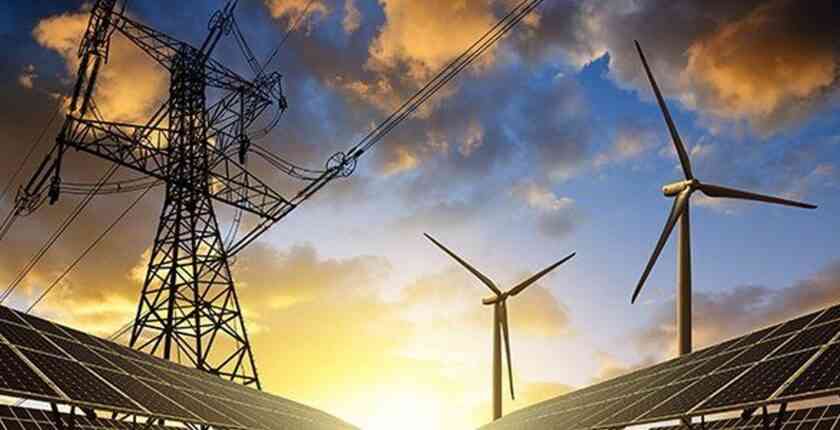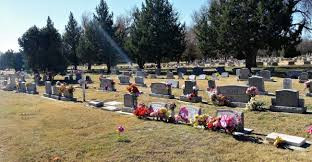
GOVERNMENT has introduced policies meant to incentivise independent power producers (IPPs) to invest in the energy sector amid the growing national power shortfall, NewsDay Business reports.
The country has exprienced increased load-shedding on low power generation at Kariba attributed to low water levels.
The fresh push to incentivise IPPs comes as they are struggling to take off. The licensed IPPs have an installed capacity of over 6 000 megawatts (MW), but were generating 39MW as of yesterday.
According to the World Bank, power shortages are costing the economy at least US$1,27 billion annually.
A power generation update by the Zimbabwe Power Company yesterday showed that existing facilities were generating a combined 1 183MW against a national demand of over 2 000MW.
Speaking at the ongoing Waste to Energy Conference organised by The Standard newspaper, a publication of Alpha Media Holdings (AMH), in Kariba yesterday, Energy and Power Development deputy minister Yeukai Simbanegavi said the IPP incentives are targeting investments even at household level.
“We have now come up with policies to try to incentivise the private sector or the independent power producers, people who want to invest in the energy sector to make sure that if they are going to be coming to Zimbabwe to do any kind of investment in the energy sector, whether it be hydro, floating solar, waste-to-energy management, whatever type of wind, or whatever type of investment into the energy sector, they are also profitable,” she said.
AMH are the publishers of three newspapers: NewsDay, The Standard and The Zimbabwe Independent. It also runs online telecast station HStv.
- Power crisis: It can’t be business as usual
- Power crisis: It can’t be business as usual
- Zim’s power crisis rooted in poor planning and wrong priorities
- ‘Zim seated on huge renewable energy resources’
Keep Reading
Simbanegavi said the government now wanted to ensure that their investments were also profitable to them, to the nation, while the country got electricity into the communities.
“We understand as a government that this energy issue is not something that the government can manage on its own. We now want everyone to come on board. So, we have also now said if anyone wants to get into the energy sector and cannot be able to do so, even at household level, if you want to just put up solar systems, you can,” she said.
“If you want to do biogas, I was being told that to be able to do a biogas system at your homestead, you need about just six cows. If you don’t have six cows, you can just go about and pick cow dung.”
She said human waste at schools could also be used to generate biogas and some schools were already using this system.
This practice involves the biogas system being connected to the sewage at the school to then generate power for the entire place.
Simbanegavi said she hoped that such innovations would see a greater uptake.
She said energy from the waste management transition was also one of the things that the government could help with.
“And even ordinary people, people who don’t have much knowledge on how to manage their electrical appliances can also be able to use it domestically also. So, I’m very happy that this discussion is going on. We have the Geo Pomona project, which is one of the topical projects that we are so proud of this edition,” she said.
“Even when we go to other countries, we are always talking about the Geo Pomona project. It’s one of the good examples of energy projects that have been done to try to recycle waste in Zimbabwe.
“That’s why even when we are having these other conferences, the Head of State in the first place is even going to visit the Geo Pomona project because it’s one of the projects that we are proud of as a government.”
The deputy minister said Zimbabwe could not continue to rely on hydroelectricity, hence the need to harness all ideas that can provide energy generation was necessary.










